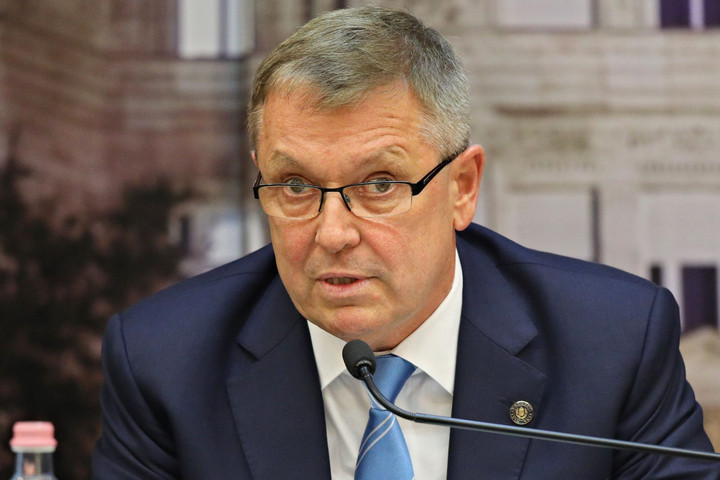In an article in daily Magyar Nemzet, Hungarian Central Bank governor György Matolcsy enumerates four reasons why the Hungarian government should not go ahead with plans to buy back the Budapest Airport.
At the end of October, Prime Minister Viktor Orbán told journalists that the buyback was “imminent”, arguing that it was right that the country’s only major international airport to be in Hungarian hands, and the economy was strong enough to do that.
“The purchase can be closed at any moment,” Orbán said.
Matolcsy, however, warned that there were several arguments against the purchase.
Wrong timing
Matolcsy wrote that while the purchase might at first sight be opportune, it was in fact not.
“The coronavirus crisis caused an economic crisis that we managed to deal with, but at the cost of a declining budget deficit, running out of public debt, rising foreign currency public debt, deteriorating current account, soaring inflation, and a forced central bank turnaround. Our financial vulnerability has increased significantly, as Hungarian data is currently the most unfavorable in the region in terms of financial balance,” Matolcsy wrote. “The planned repurchase of the airport from a foreign currency loan therefore poses a serious financial risk that is not worth taking on.”
The price is too high
“The golden rule of investment is ‘buy low, sell high.’ We would do just the opposite, because we would take back at great cost what we sold quite cheaply, and when the price wasn’t the biggest problem. The sale of the Budapest airport was a national strategic sin and an economic strategic mistake,” Matolcsy wrote “The deal is very similar to the privatizations in the energy sector a decade ago carried out by the liberal political leadership. Let’s follow another golden rule of investment instead: ‘“Don’t throw good money after bad’.”
The region doesn’t need a central airport hub
“The Carpathian Basin will not be a megacity or a large region, but it is well on its way to becoming a medium-sized region. Thus, it does not require a global hub, but it does need an advanced aviation network,” Matolcsy wrote. “This will require a medium-sized central airport and several smaller, regional ‘smart’ airports, which will be regional hubs for freight, drone-based transport, air taxis, and other new services.”
About the Budapest Airport
The airport is currently owned 55.44 percent by German AviAlliance GmbH, which is also the de facto operator, with the other two owners a Singapore investment fund with 23.33 percent and a Canadian pension fund with 21.23 percent. According to press reports, the bidding Hungarian consortium is offering €4.44 billion for the airport, which the foreign owners are said to have found sufficient.






